A Few New Bus Lanes Won’t ‘Level Up’ the UK – But Upping the Minimum Wage Might
Median pay is 33% higher in London than in the northeast.
by Ell Folan
21 February 2022
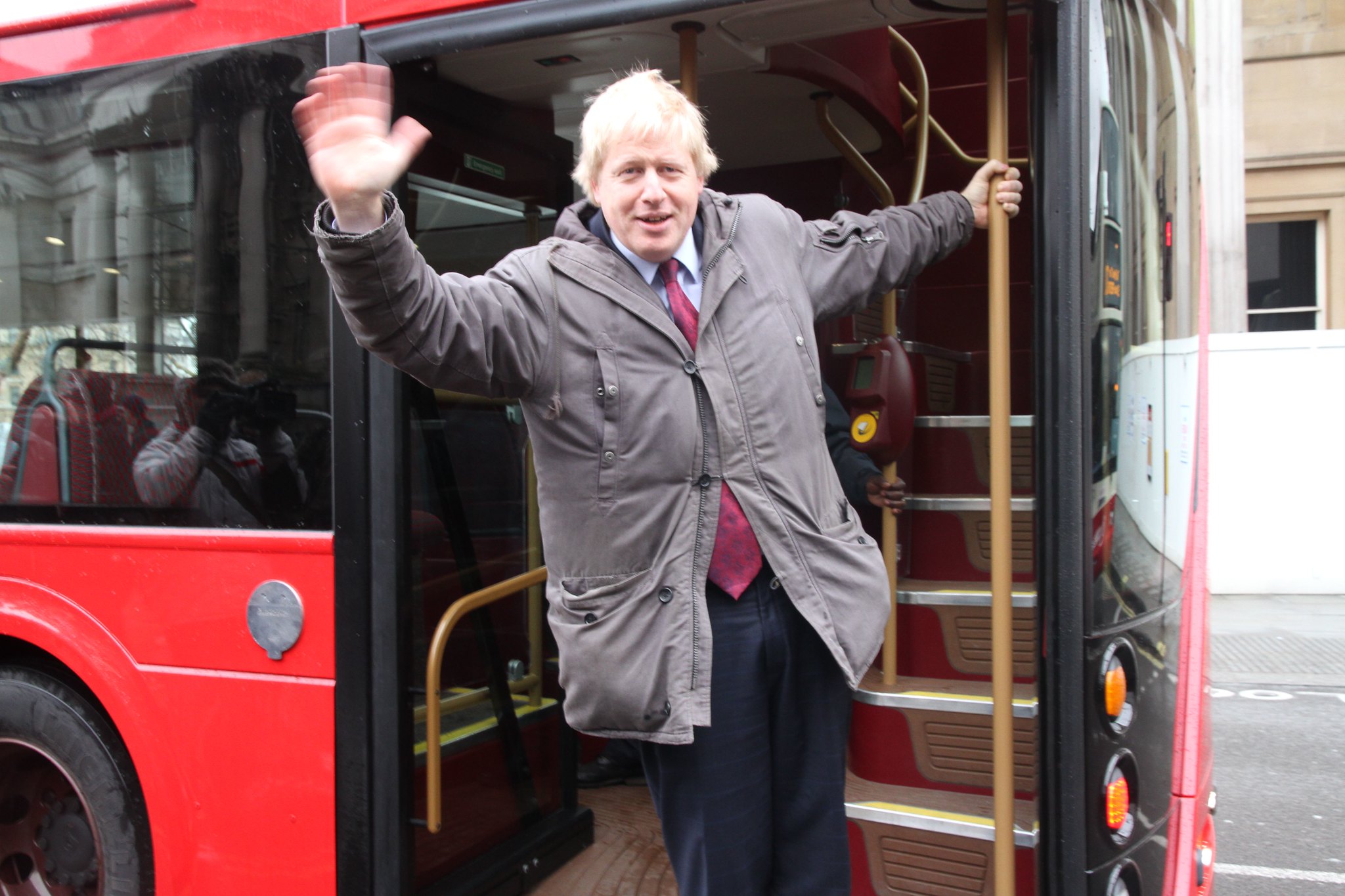
Since 2019, “levelling up” has gone from a forgettable manifesto pledge to a buzzword the Tories trot out at every opportunity, so much so that they renamed an entire government department after it.
Gimmicky as it may be, the concept of “levelling up” is unquestionably a response to very real problems. Life expectancy, for instance, varies substantially between regions (77 years for Scottish men, versus 81 years for their counterparts in the southeast of England).
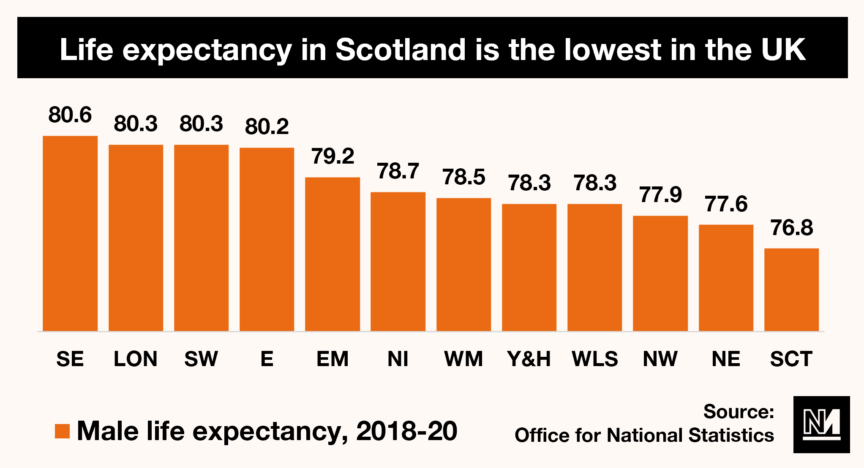
Earlier this month, secretary of state for levelling up Michael Gove announced his long-awaited levelling up white paper. The document makes commitments in a number of areas, but here I’ll focus on four: life expectancy, pay, transport and devolution. Are their plans sufficient, given the scale of the problem?
When it comes to life expectancy disparities, the Tories’ plan is to boost healthcare capacity through diagnostic centres and hospital upgrades and to encourage individuals to change their diet with £75m in weight management services.
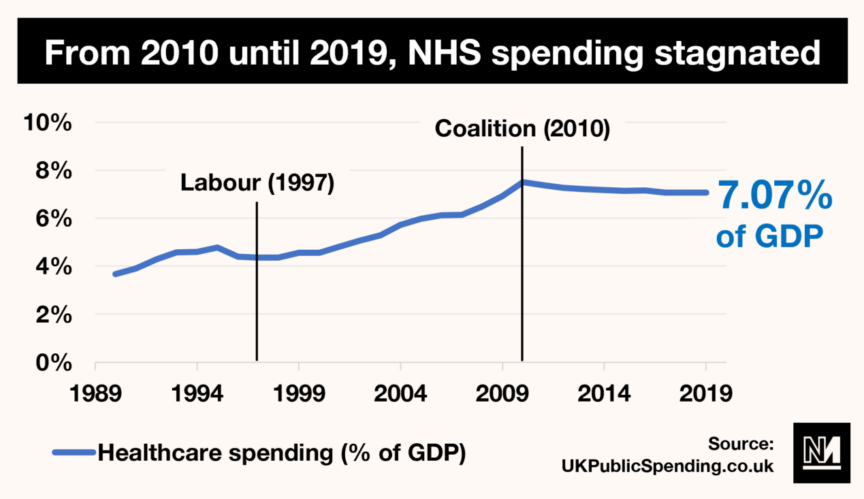
This is plainly insufficient for a nation whose health cannot be divorced from economic and social factors like poor housing and low pay: in London, workers’ median pay is 33% higher than in the northeast.
The white paper does appear to forward plans to address this. Yet rather than boosting wages specifically, it suggest providing loans to small businesses and encouraging international investment. Their flagship policy in this area is arguably the creation of new “freeports“, economic regions where manufacturers can import raw materials free of tariffs. Yet this trickle-down approach to wages has been the favoured policy of conservatives for generations and it has not worked – in fact, wages have stagnated.
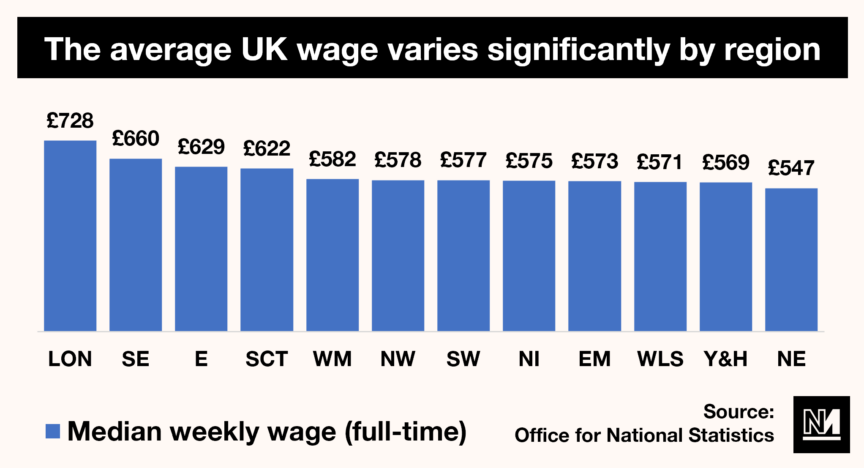
Rather than relying on businesses, the government should take a direct approach and immediately raise the minimum wage to a living wage of £10 an hour (£11 in London). That alone is not enough; inflation is rapidly rising. The next step should be to ensure that the minimum wage increases by more than inflation each year and to strengthen trade unions so that workers can negotiate pay rises on a regional basis.
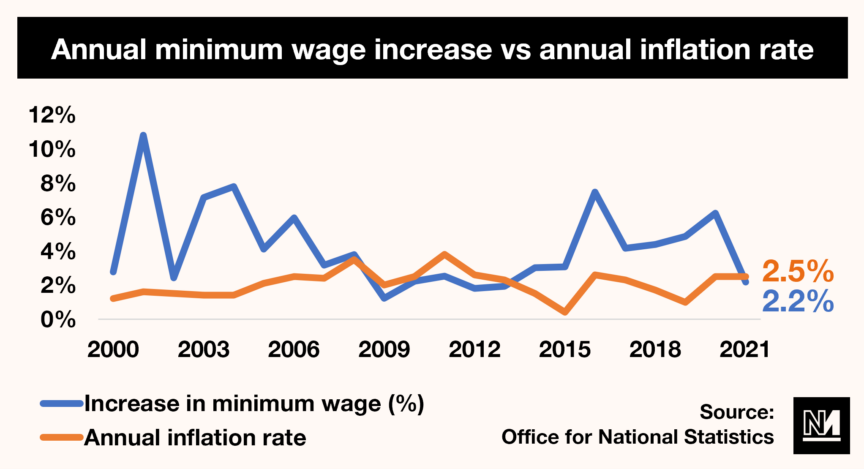
Transport is also addressed only indirectly by the strategy. The problems are clear: adjusting for population, bus journeys are far more common in London than in the rest of England. Yet more notable is the fact that bus journeys have been declining since the 1990s in every region of England except London (massively up) and the south (unchanged). In the northeast, for instance, the number of journeys has fallen by 52% since 1992 – yet in London they’ve almost doubled.
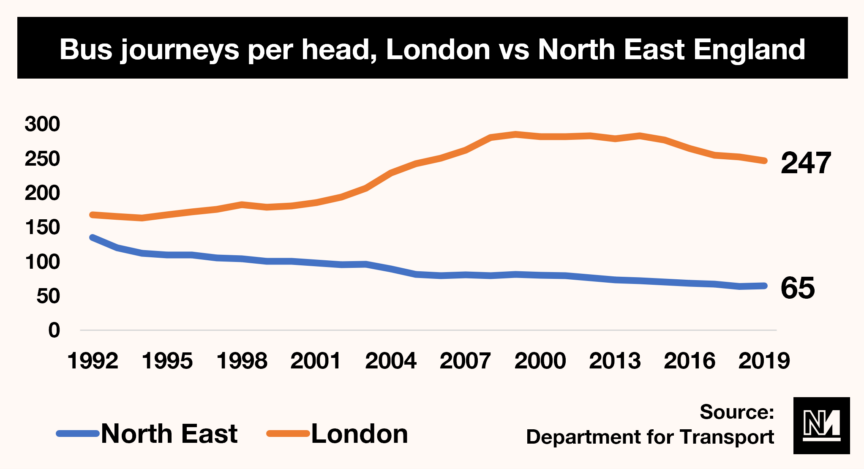
Yet in response to an obvious infrastructure inequality, the Tories have pledged a series of measures reliant once again on private companies: funding new technology like contactless tickets, developing bus priority lanes and offering fare improvements.
The self-stated objective of levelling up vis-a-vis transport is to bring services outside of London “significantly closer to the standards of London”. But these achievements were made possible by London’s publicly-owned transport system. Central government should follow Andy Burnham’s example in Greater Manchester and take transport back into regional control.
This brings us to the question of devolution. 23 million English citizens currently benefit from devolved regional governance, but they remain only a minority in a nation of 56 million. The Tories’ plan is to offer more areas the chance to adopt a regional metro mayor with powers over transport, health and housing.
Expanding devolution is welcome, but the metro mayor is not the best blueprint. Rather than placing executive power in a single figurehead, regional devolution in England should follow the model of the Spanish “autonomous communities” – regional governments granted significant powers ranging from culture to housing.
Taking inspiration from Spain, Britain should adopt a system of regional assemblies and parliaments (elected by proportional representation) with powers over tax, infrastructure and more. Regional leaders should be appointed by these assemblies, and exercise their power collaboratively. This would make them more responsive to local needs.
In summary, the Tories’ levelling up agenda reflects their ideological reliance on individual responsibility, private companies and centralised political power. Their plan relies on private firms to raise wages and improve transport infrastructure, assumes that health inequalities can be improved by more diagnostic centres and individual dieting, and intends to expand devolution by centralising more and more power in the hands of a few individual Mayors.
Those of us who disagree with this ideology should pursue a different set of priorities, focused on giving people a sense of collective control over their lives. This means giving the public control of public services; increasing trade union power; ensuring that devolution is collaborative, not centralised; and ensuring that the absolute lowest wage is still a liveable salary. That’s what levelling up should look like.
Ell Folan is the founder of Stats for Lefties.


